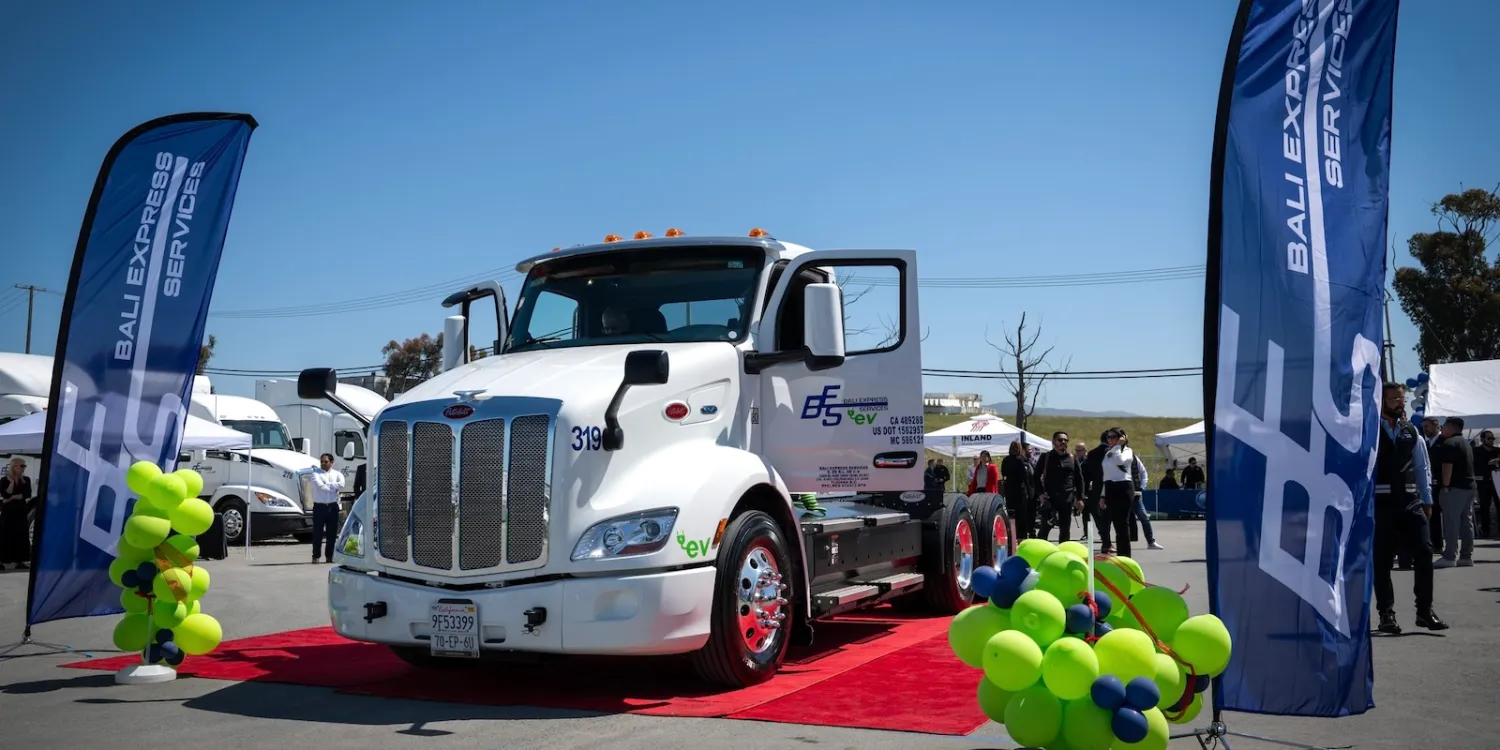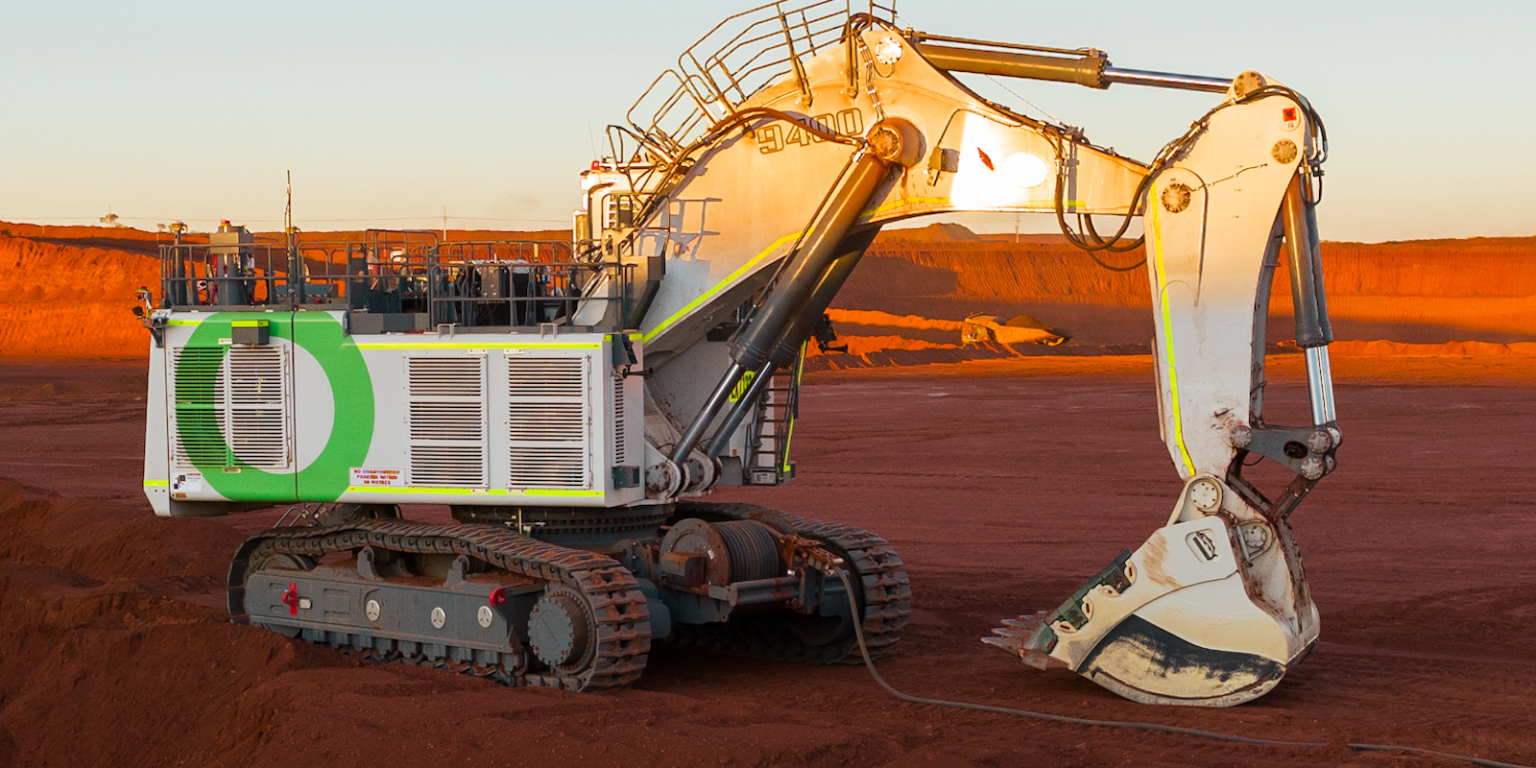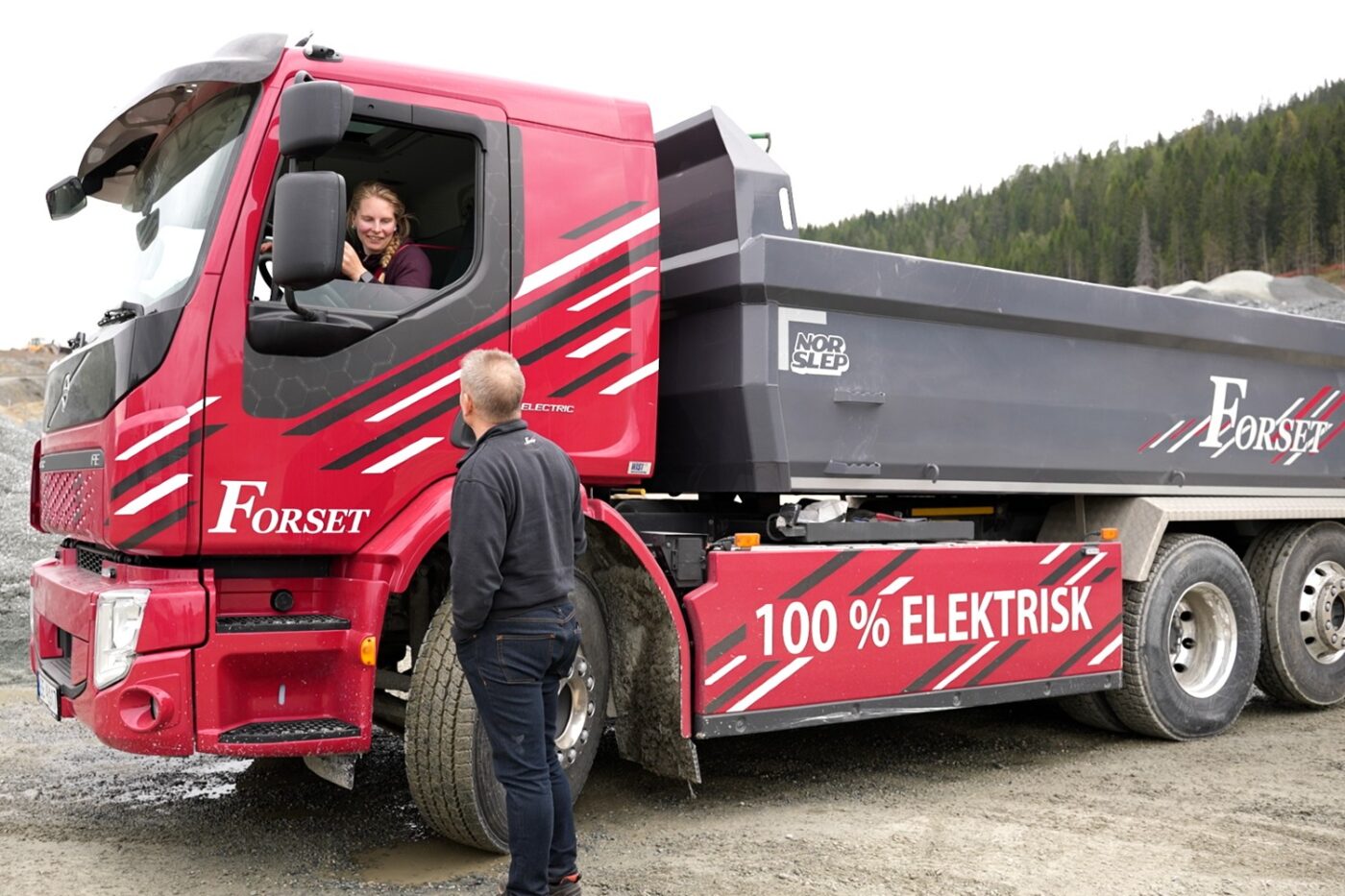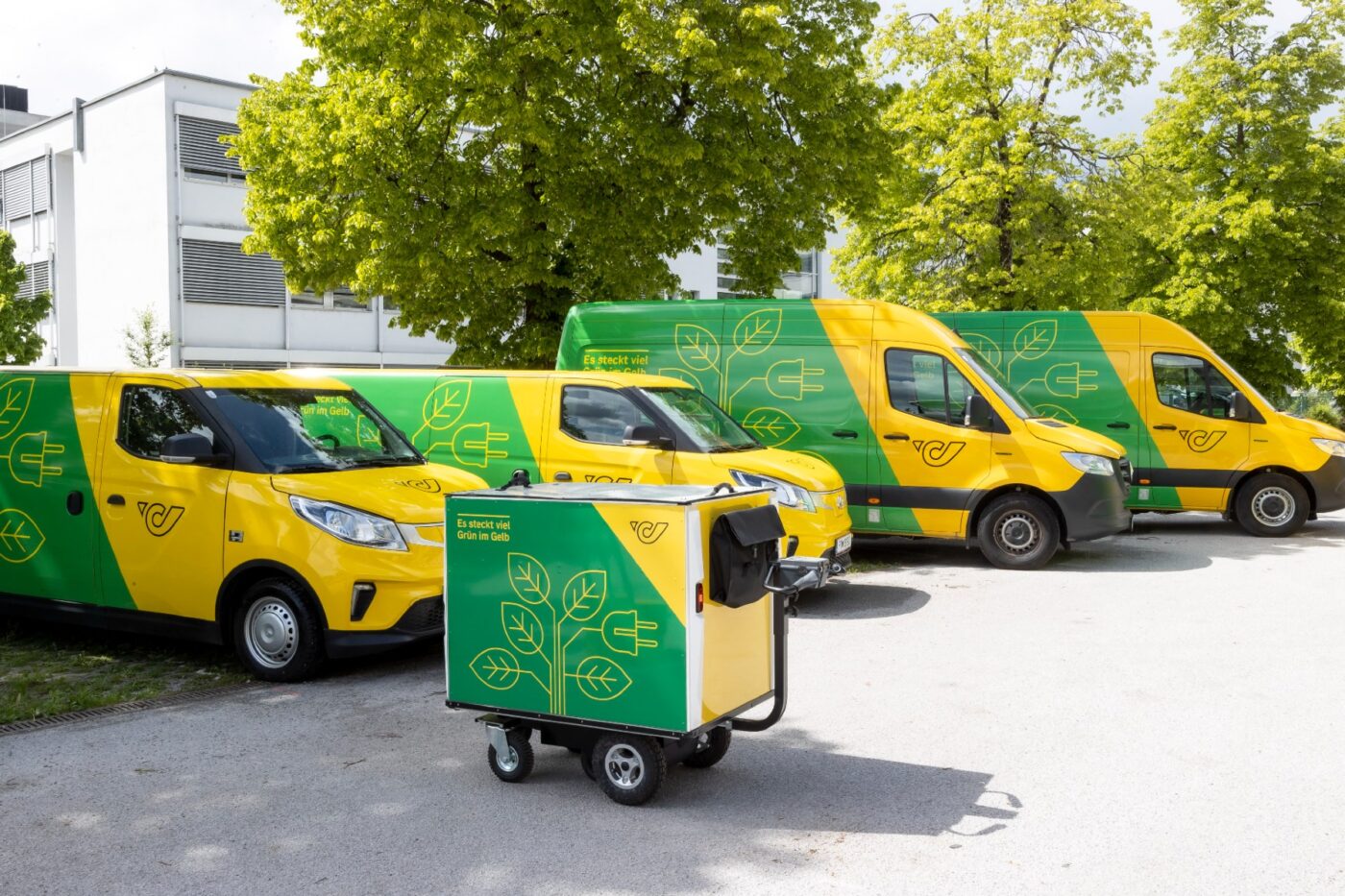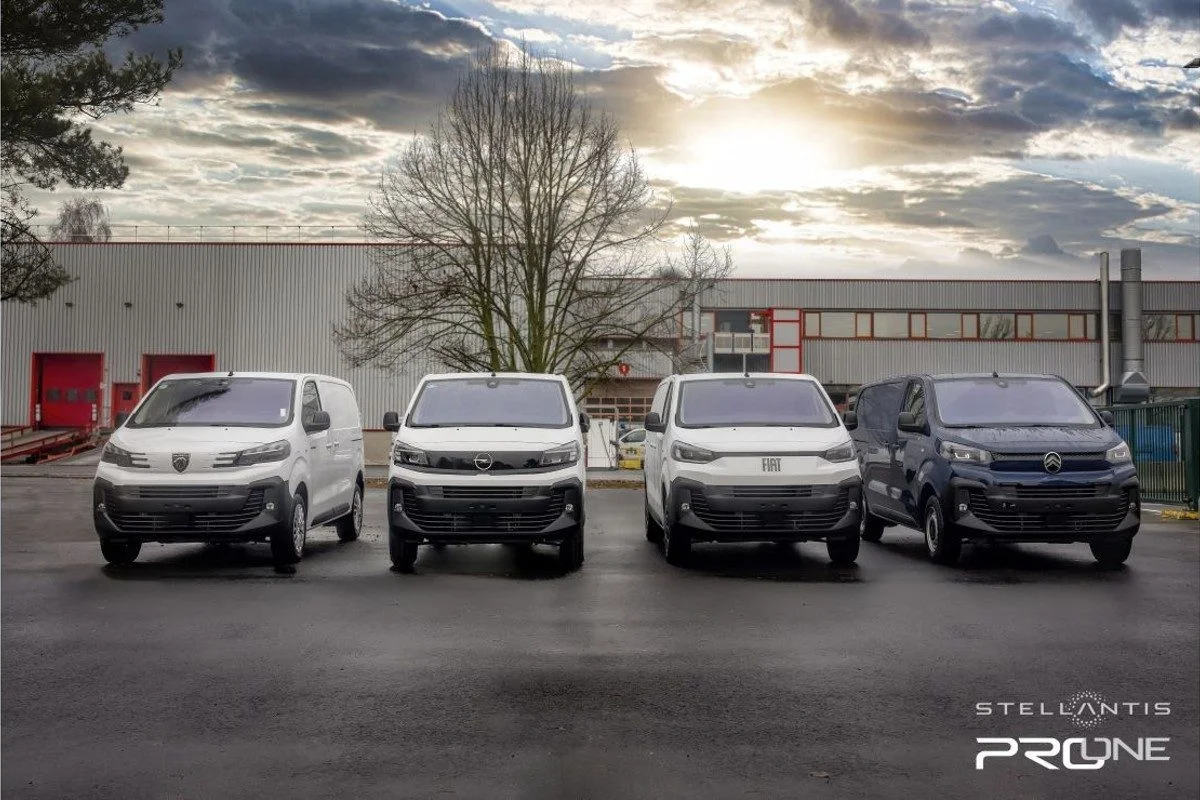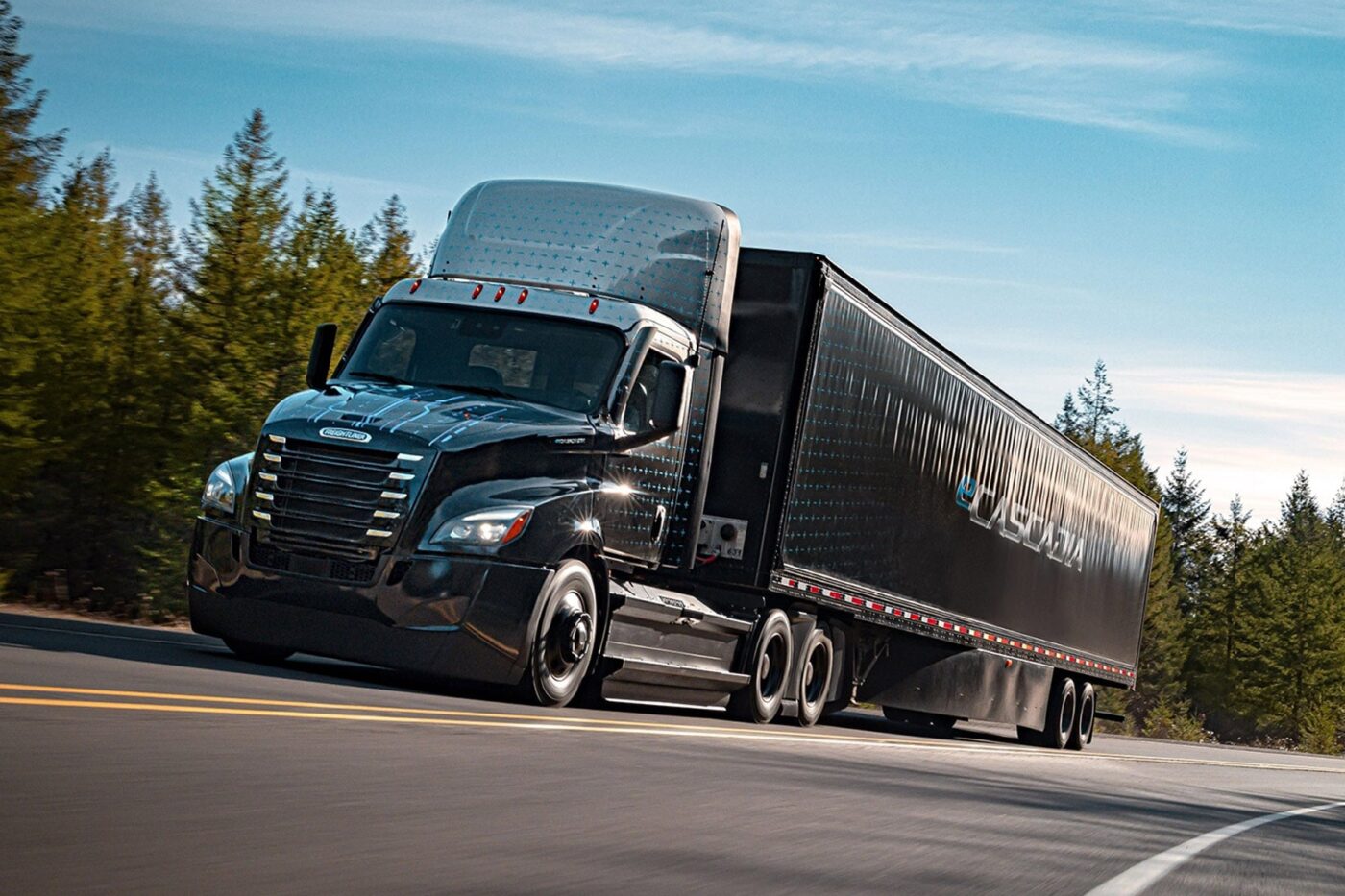San Diego Gas & Electric (SDG&E) has achieved a significant milestone in sustainable freight transport, as their Class 8 heavy-duty electric semi became the first of its kind to cross the border hauling a standard load. This event marks a pivotal moment as both nations strive toward a net-zero future.
The electric semi, part of a fleet of 11 Peterbilt 579EV Class 8 trucks purchased by San Diego-based Bali Express last year, completed its inaugural trip to Mexico, carrying a load of goods through the Port of Entry at Otay Mesa. This port connects Southern California to Tijuana, Mexico.
Bali Express plans to utilize SDG&E’s recently activated HD charging infrastructure, ensuring reliable and affordable electric freight options for medium and heavy-duty EVs crossing the US/Mexico border.
San Diego Mayor Todd Gloria emphasized the significance of the electric freight truck’s journey, stating, “The historic crossing of this electric freight truck symbolizes San Diego’s commitment to innovation, cross-border cooperation, and our binational community. We’re not just reducing emissions; we’re building a cleaner future for people living near our border and leading the way in international trade and environmental responsibility.”
Executive Director of SDG&E, Caroline Winn, highlighted the collaborative effort behind the new charging corridor, stating, “This is an example of how collaboration can create new and innovative ways to rethink how to move transportation systems toward electrification.”
The Peterbilt 579EV trucks boast an 82,000 lb. GCWR and are powered by the same 670 hp Meritor 14Xe “epowertrain” found in the PACCAR Kenworth t680e, introduced in 2022. This system integrates electric motors and drive axles into a single unit, facilitating fleet electrification by maintaining existing axle mounting hardware.
With approximately 150 miles of range, these electric trucks are capable of fully charging their 400 kWh batteries in about three hours.

